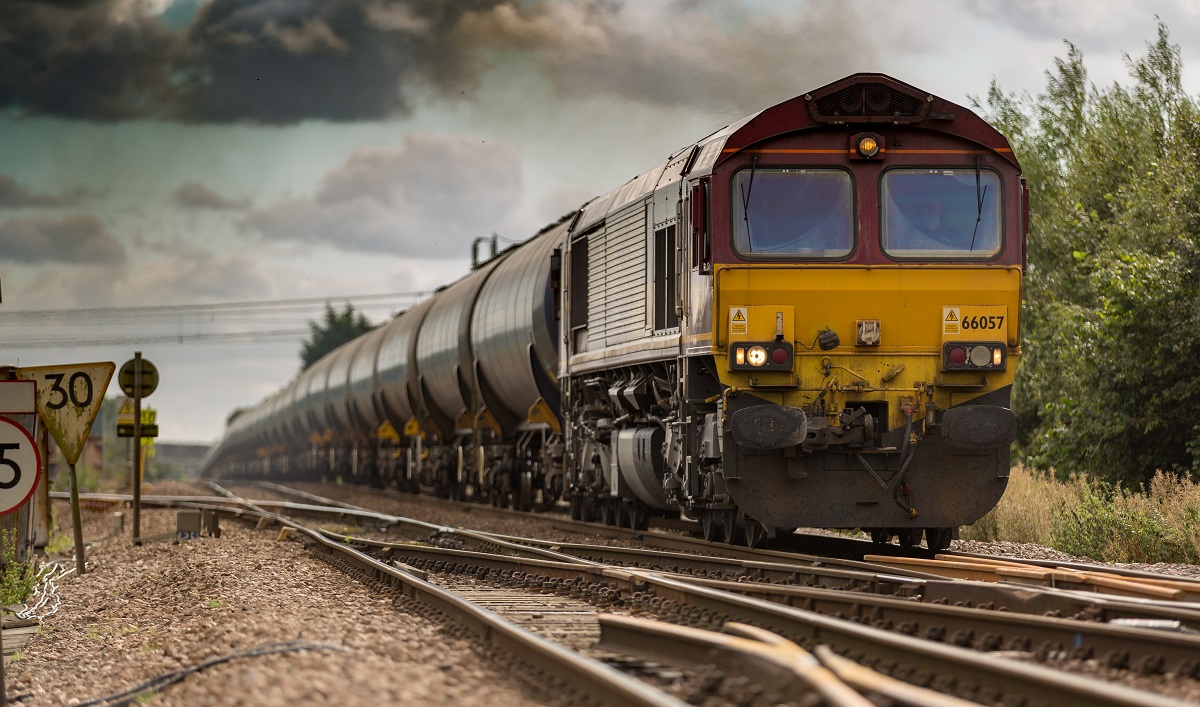On April 6, the Surface Transportation Board (STB) issued its final rule on “Demurrage Billing Requirements,” establishing certain minimum information requirements for demurrage bills from Class I railroads. The information requirements include billing cycle, shipment, car placement, and credit and debit information. The rule also establishes a machine-readable data requirement allowing rail users the option to access machine-readable data containing the minimum information. The rule will be effective on Oct. 6, 2021.
The final ruling addresses several concerns that ISRI, among others, advocated for over the past two years. ISRI is excited to see so many of its requests incorporated into the final rule. “This is a huge win for ISRI and for our members,” says Robin Weiner, ISRI’s president.
In 2019, the STB held a two-day public hearing where rail users, including ISRI, shared concerns about demurrage and accessorial charges. One common concern centered on the Class I railroad invoices. Typically the invoices were “confusing, difficult to verify, and lacking in basic information about the shipments covered,” according to STB’s press release.
During the hearing and subsequent two rounds of public notice and comment, ISRI expressed its concerns about the demurrage invoices and outlined what types of information railroads need to provide with any demurrage invoice. ISRI advocated for the inclusion of data that would allow recyclers to better anticipate the arrival of requested railcars and to challenge any demurrage charges a railroad imposed. The association also argued for machine-readable access of invoices with unique identifying information including the railcar number, the date the waybill was created, the car’s status, and the dates and times for the actual placement of each car. The final ruling includes all of these recommendations from ISRI. “We are very grateful for the attention each STB member took in listening and addressing our complaints,” says Weiner.
ISRI members are also very excited about how this final ruling will positively impact the industry in areas regarding transportation and logistics. Frank Cozzi, former chairman of ISRI and CEO of Cozzi Recycling (Melrose Park, Ili.), recalls struggling against those same issues with the demurrage invoices during the 1980s. “We were fighting these battles way back then,” he says. “This is the most meaningful progress made with the railroads. My hat goes off to all involved in making these gains.”













